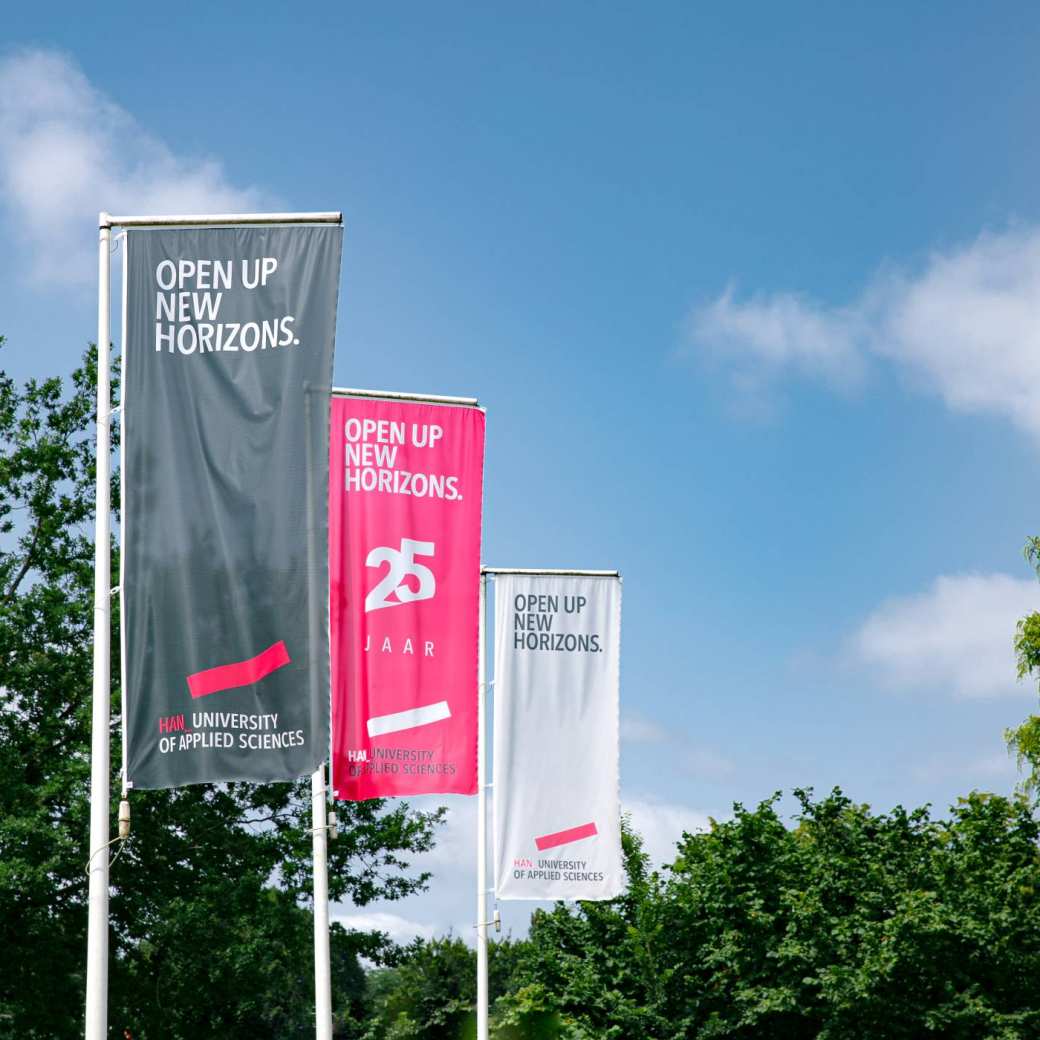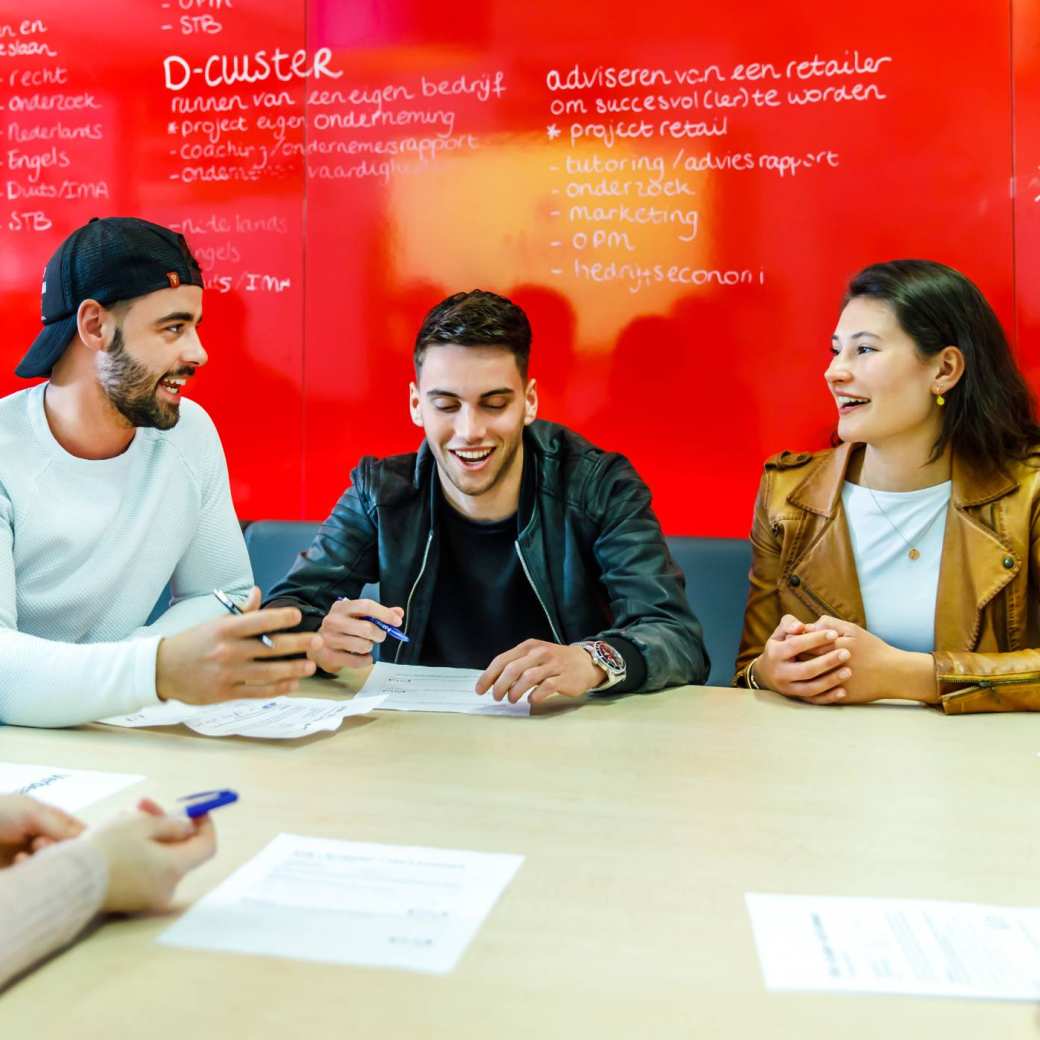Industrial and Power Systems
Ready to learn how to calculate the stable operational points of rotating magnetic field machines? To draw and apply torque-speed charts, machine diagrams and V-curves? To convert DC to DC? And test your results? You learn these and more in this program.

The program in a nutshell
Your classes and workshops take place Monday through Friday. You learn in both the classroom and in real-life situations. From well-known professionals in their field. You also learn how to write a clear report. Advise others of your findings. And convince them to take certain actions.
Throughout the program, you gather information for your final project: designing a working system prototype with a power converter as a key element. You deliver your project and findings in a coherent presentation. Which you give to your classmates and lecturers.

Program details
Learning outcomes
By the end of Industrial and Power Systems you can:
- design and implement a power converter
- calculate the stable operational points of rotating magnetic field machines
- draw and apply torque-speed charts, machine diagrams, V-curves
- describe how to get mechanical energy from thermal energy
- make simple calculations on wind and solar energy systems
- calculate the symmetrical short-circuit currents in a 3-phase network
- carry out practical measurements and calculations on machines and converters

Competences
You strengthen these competence areas during the program:
- Calculations
- Practical measurements
- Converting
- Effective communication

Dutch way of learning
The atmosphere in a Dutch classroom is quite informal and your lecturers are easy to talk to. In fact, at HAN you’re seen as a partner in the learning process. Class sizes are small and your lecturers encourage you to actively participate in class. To ask questions and give your own opinion. They also stimulate you to be creative and to discover things for yourself.

HAN International Intro
Get a good start to your studies during this week of orientation:
- learn about living in the Netherlands
- become familiar with the campus
- get on board with your exchange program
- make new friends!

What about credits and grading?
At HAN we use the European Credit Transfer and Accumulation System, or ECTS. It’s the standard credit system used in higher education across Europe. How does it work? One credit = 28 hours of study. Think of contact hours. Time spent working on assignments. Preparing for exams.
One semester = 30 credits = 840 hours of study. To earn credits, you need to pass your exams. What counts as a pass? A grade of at least 5.5.

Admission
What are the admission requirements? And how do I apply?
